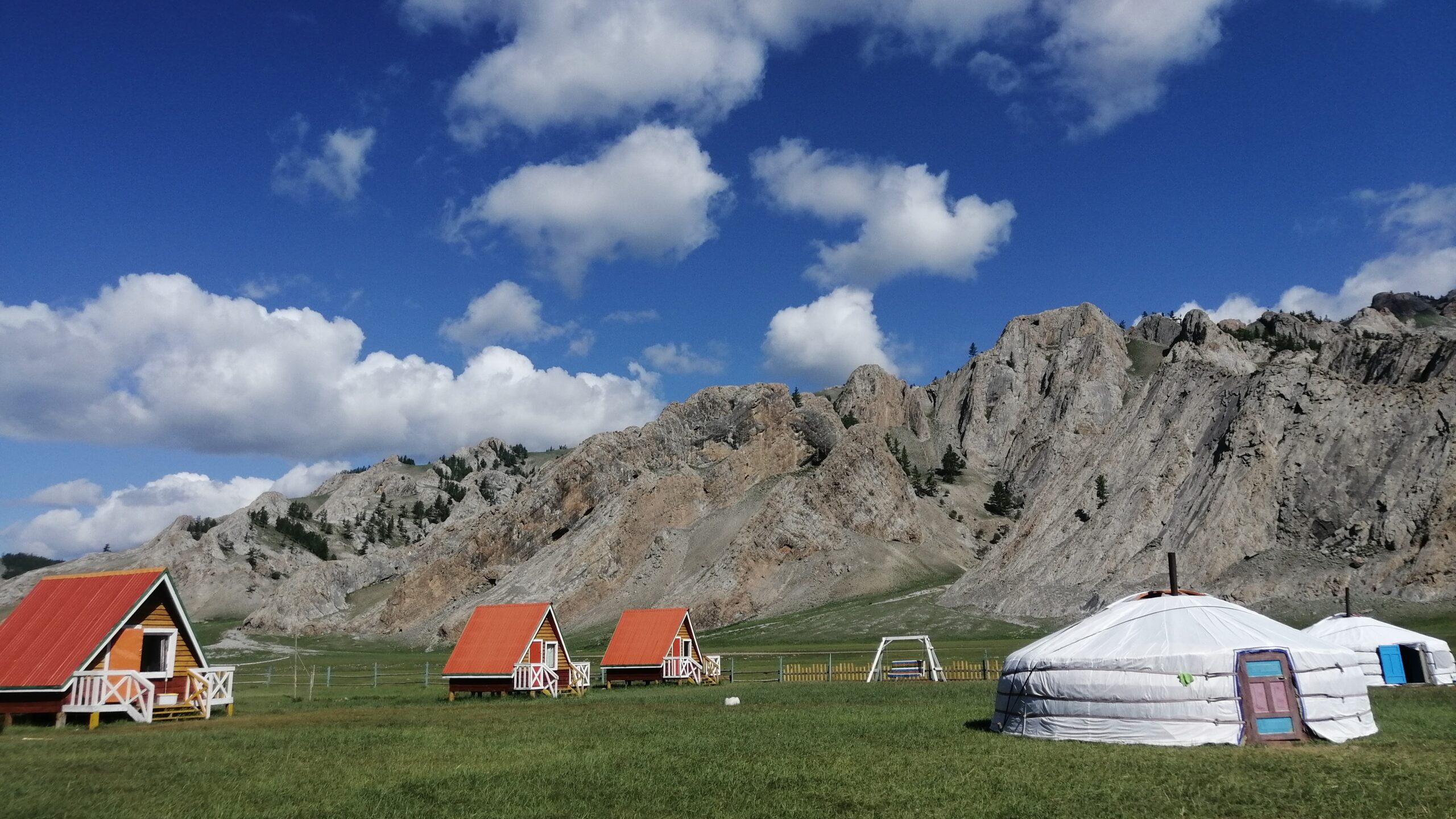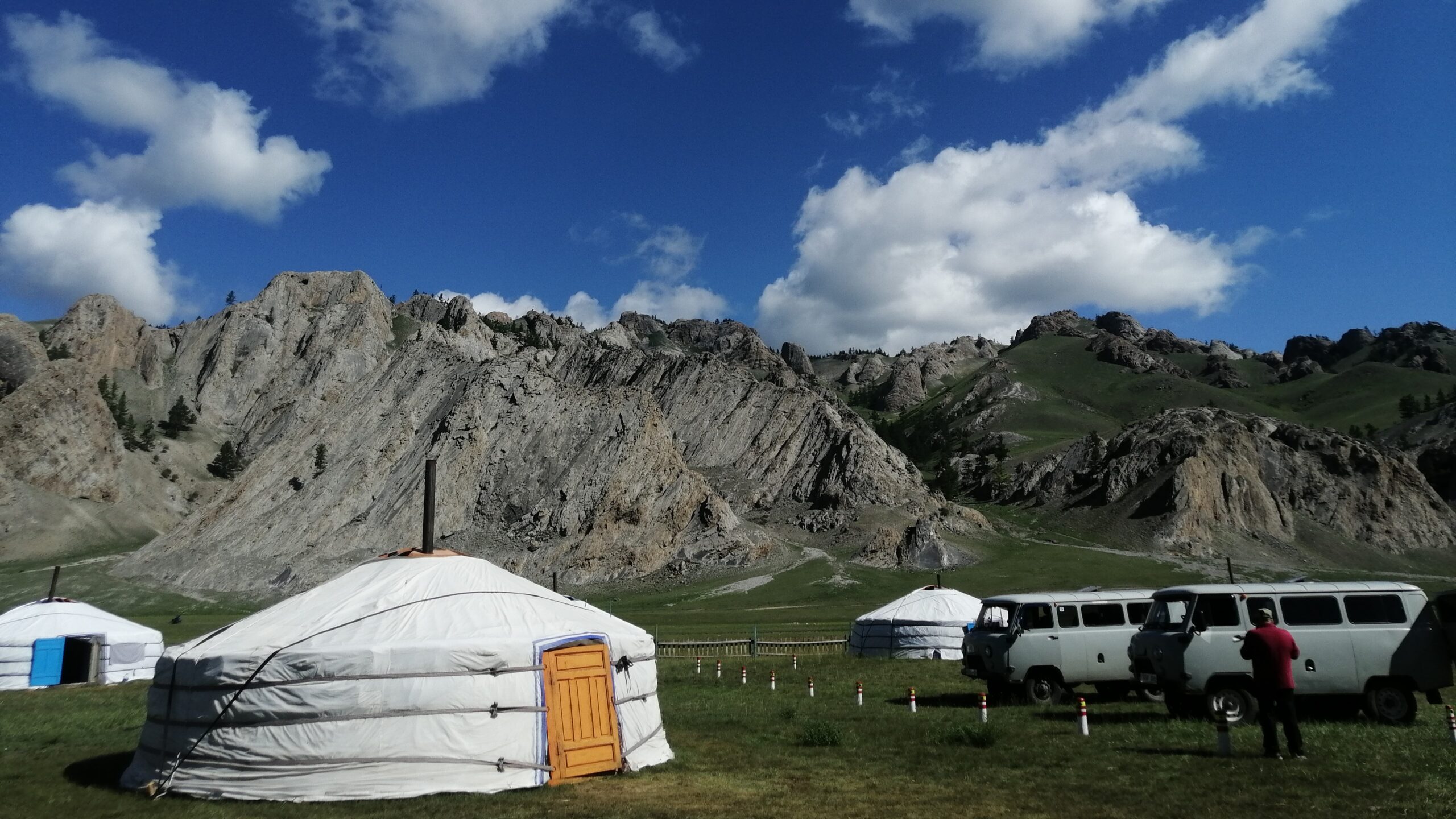Who We Are
The Frozen Commons project explores the interconnected ice, snow, and permafrost landscapes that sustain Arctic communities and ecosystems by merging science, arts, and local and Indigenous Knowledge systems. Defined as shared resources collectively used and managed by Indigenous Peoples, local communities, governments, and external stakeholders, these “frozen commons” are critical to life in the Arctic. However, as the region experiences unprecedented climate-induced changes, ice and snow melting and permafrost’s thawing signals profound disruptions to cultural, social, and economic systems.
This National Science Foundation (NSF)-funded project aims to assess the sustainability of frozen commons and evaluate the resilience of Arctic communities amid these environmental changes. By merging science, arts, and Indigenous Knowledge systems, Frozen Commons seeks to provide a holistic understanding of the challenges and opportunities facing the Arctic in a warming world.
The project adopts a transdisciplinary, community-centered approach, engaging natural and social scientists, local residents, Indigenous Peoples, and governments in every research stage—from design and data collection to analysis and dissemination. Research will take place in Alaska and Mongolia, regions uniquely shaped by frozen conditions, and will contribute to global discussions on climate resilience, sustainability, and the future of shared environmental resources.
Frozen Commons (FC): A Shared Cryosphere

Frozen Commons refers to the unique landscapes and resources of the cryosphere—areas shaped by snow, ice, and permafrost. These frozen environments are not just natural wonders; they are vital spaces that people experience, use, protect, and manage together.
By focusing on the idea of “commons,” we emphasize the importance of shared values, collective action, and institutions in shaping how communities interact with these fragile environments and adapt to their changes. This perspective helps us understand how different groups, including Indigenous and local communities, rely on and manage the cryosphere’s resources in the face of climate change. It also sheds light on the formal and informal rules and practices guiding these actions, ensuring sustainable use for generations to come.
Where We Work?
Our selection of study regions—Tsagaannuur and Bayanzürkh soums in Mongolia and McGrath and Nikolai in Alaska—builds on long-standing relationships with local and Indigenous communities. These areas share challenges such as limited transportation, dependence on natural resources, and climate impacts, including extreme warm periods and fluctuating snow depths.
Collaborative Partners
The success of the Frozen Commons project relies on a diverse network of collaborative partners, bringing together expertise in science, arts, and Indigenous Knowledge systems. This interdisciplinary and community-centered approach ensures meaningful engagement with local communities, Indigenous Peoples, researchers, and policymakers.



George Washington University
University of Alaska Fairbanks
University of New Hampshire



University of Northern Iowa
Alaska Pacific University
Arizona State University


